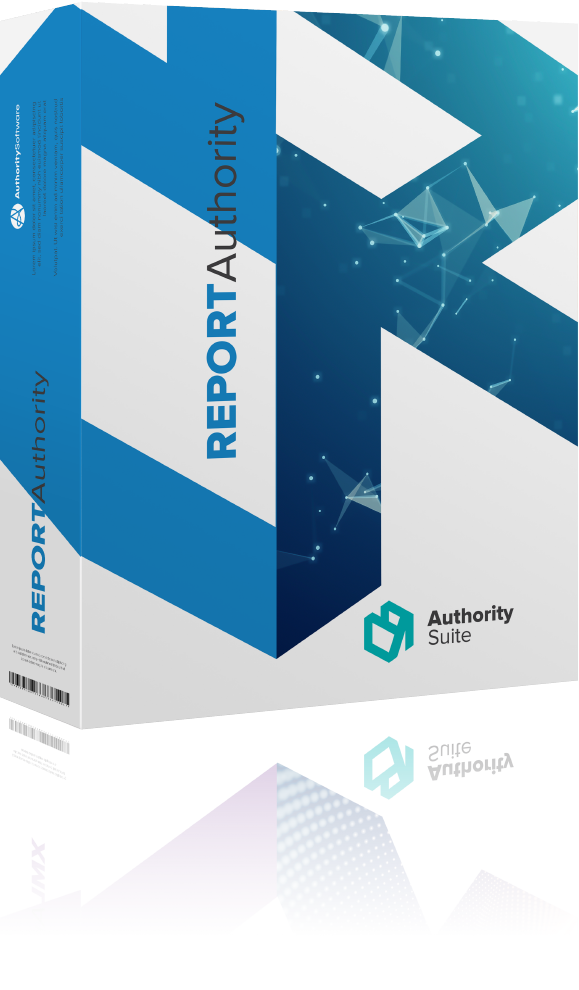Reporting for the Corporate Sustainability Reporting Directive (CSRD)
Financial Reporting Software for Sustainability Reporting
Reporting for the Corporate Sustainability Reporting Directive (CSRD)
Financial Reporting Software for Sustainability Reporting
The new EU Sustainability Reporting Standard
The new EU Sustainability Reporting Standard

European Sustainability Reporting Standards
Companies subject to the CSRD will have to report according to the technical standards known as European Sustainability Reporting Standards (ESRS) which outline four disclosure sections.
- Cross-cutting:(ESRS 1) General principles; (ESRS 2) General, strategy, governance, and materiality assessment.
- Environment:(ESRS E1) Climate change; (ESRS E2) Pollution; (ESRS E3) Water and marine resources; (ESRS E4) Biodiversity; (ESRS E5) Resource use and circular economy.
- Social:(ESRS S1) Own workforce; (ESRS S2) Workers in the value chain; (ESRS S3) Affected communities; (ESRS S4) Consumers and end-users.
- Governance:(ESRS G1) Governance, risk management, and internal control; (ESRS G2) Business conduct.
Report Authority can be used to automate the production of your ESG disclosures, annual financial statements and ESEF Reporting.
Request a Demo:
- Understand how it works by seeing it in action.
- Ask any question based on your specific requirements.
- Together we can assess how our solution will work best for you.
ESG Reporting Software

Which Companies Need to File ESG Reports Under CSRD?
Under the new CSRD, approximately 50,000 EU companies will be required to disclose their sustainability practices. The directive covers the following entities:
1. All large undertakings: EU companies or EU subsidiaries of non-EU companies that meet at least two of the following criteria:
- Turnover exceeding €40 million
- Balance sheet total above €20 million
- More than 250 employees
2. All listed companies: This includes small and medium-sized enterprises (SMEs) that offer securities on EU-regulated markets. Although listed micro-undertakings are excluded, they have the option to voluntarily comply with the provisions.
3. Third-country companies: Non-European companies with at least one subsidiary (large or listed) or branch generating a net turnover of €150 million or more must provide a sustainability report.
When Will CSRD Mandate Rules Apply?
For companies already subject to NFRD, the transition to CSRD will begin in 2024, with the first reporting period commencing in 2025. New companies falling under CSRD will follow a phased approach:
• Large undertakings will be subject to CSRD from 2025, with the first report due in 2026.
• SMEs will be subject to CSRD from 2026, with the initial reporting obligation starting in 2027. However, SMEs have the option to opt out until 2028 during the transition period.
• Non-EU companies will be subject to CSRD from 2028, with reporting obligations commencing in 2029.
- ESMA ESEF
- UK HMRC
- Irish Revenue
- Danish Business Authority
- and many others
- EBA CRD V (COREP & FINREP)
- EIOPA Solvency II
- Single Resolution Board
- National Banking and Insurance XBRL Reporting






